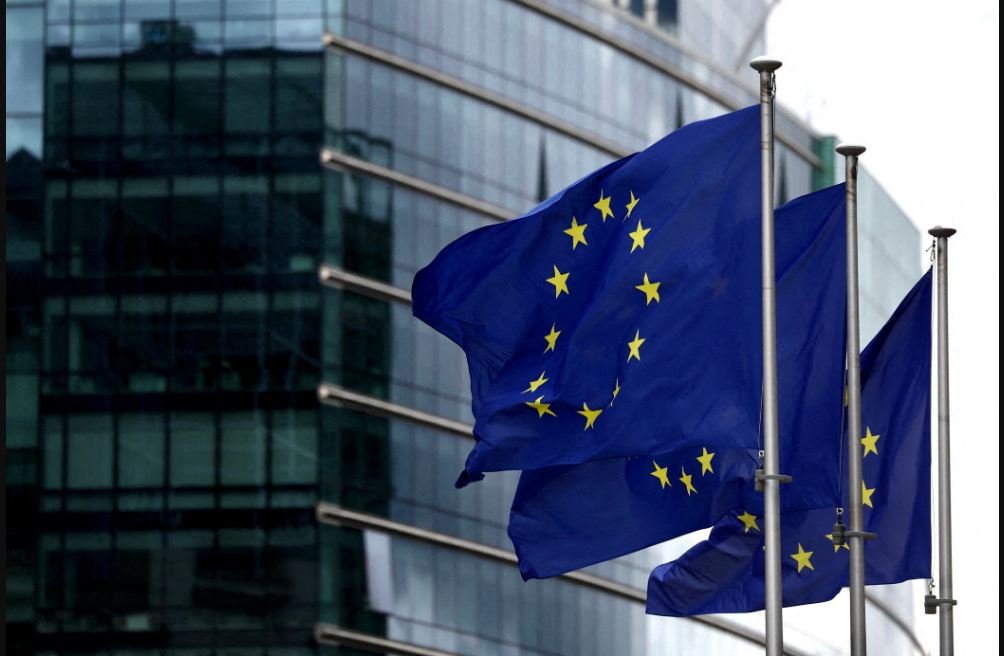EU only wants free trade deal with India that gives it ‘real’ market access
Valencia (Reuters) – European Union member states want to close a free trade deal with India, but only if it grants real access to the Asian country’s markets, Spanish Deputy Trade Minister Xiana Mendez said on Friday at an EU meeting chaired by her country.
The EU and India last year revived negotiations to forge a free trade agreement that could act as a counterbalance to China’s growing influence in the Indo-Pacific region, but the bloc has deemed India’s proposals so far as too soft to lead to a comprehensive pact.
“We’ve felt a political impetus on India’s behalf and we want to reinforce the negotiations,” said Mendez who represented the Spanish rotating presidency of the European Council at a meeting of trade ministers in the Spanish city of Valencia.
“There is an enormous interest from the member states, but only if there will be an access to the real market, without which the deal would be emptied.”
The EU is seen wanting greater access to Indian markets for its cars, alcoholic drinks and agri-food products such as cheese, while India is seen benefiting more in services and would like easier visa access to the EU for Indian professionals.
The European Union also expects to reach an agreement with the United States on steel trade by the end of the year, said Mendez.
“We knew it wouldn’t be possible to reach a solution today (at an EU-U.S. summit in Washington)…The solution has to be sophisticated and complex. The main proposal is to finalise the deal with the United States before the end of the year,” she said.
The United States has suspended import tariffs on EU steel and aluminium imposed by former U.S. President Donald Trump in 2018, but on condition that both sides agree by the end of this month on measures to address overcapacity in non-market economies, such as China, and promote greener steel.
Mendez said the sides reached a definitive solution on the issue of duties, as opposed to a temporary fix, but were still negotiating on the problem of excess capacity and decarbonising the industry.



